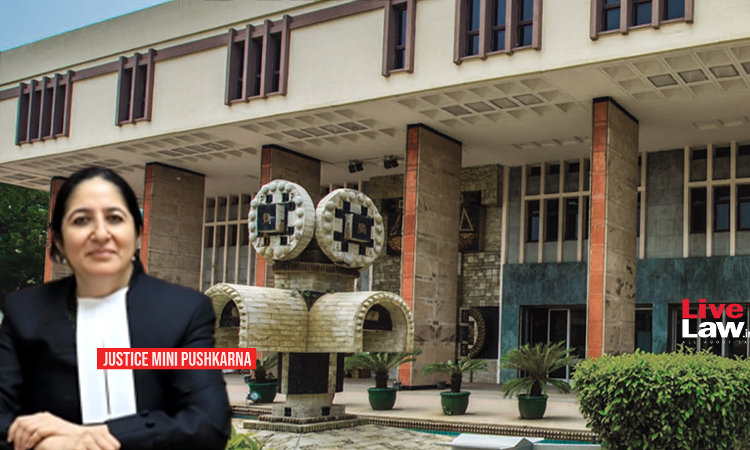Rights Under An Agreement Are Superseded By A Subsequent One? Arbitrator To Decide: Delhi High Court
Parina Katyal
24 Nov 2022 9:00 PM IST

Next Story
24 Nov 2022 9:00 PM IST
The Delhi High Court has ruled that the arbitration clause relates to the resolution of disputes between the parties and not the performance of the contract and thus, the arbitration agreement survives even if the contract comes to an end. The single bench of Justice Mini Pushkarna held that the issue whether the rights of parties under an agreement are superseded by...
